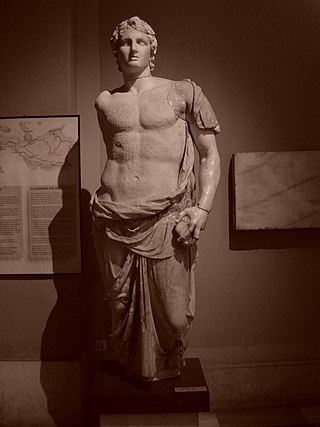See also
- Evin
- Eyvindur
- Eyvindr skáldaspillir, 10th-century Norwegian skald
Eyvind is a masculine given name. Its variant is Eivind. Notable people with the name include:

Alexander is a male given name of Greek origin. The most prominent bearer of the name is Alexander the Great, the king of the Ancient Greek kingdom of Macedonia who created one of the largest empires in ancient history.

Fredrikstad is a city and municipality in Østfold county, Norway. The administrative centre of the municipality is the city of Fredrikstad.

Skien is a municipality in Telemark county, Norway. It is located in the traditional district of Grenland, although historically it belonged to Grenmar/Skiensfjorden, while Grenland referred the Norsjø area and Bø. The administrative centre of the municipality is the city of Skien, which is also the administrative centre of the whole county. Some of the notable villages in the municipality include Åfoss, Hoppestad, Klovholt, Luksefjell, Melum, Kilebygda, Skotfoss, Sneltvedt, and Valebø.
Gunnar is a male first name of Nordic origin. The name Gunnar means fighter, soldier, and attacker, but mostly is referred to by the Viking saying which means Brave and Bold warrior. King Gunnar was a prominent king of medieval literature such as the Middle High German epic poem, the Nibelungenlied, where King Gunnar and Queen Brynhildr hold their court at Worms. Gunder is a nordic variant, Günther is the modern German variant, and Gonario is the Italian version. Some people with the name Gunnar include:
Abrahamson is a surname. Notable people with the surname include:

Tiller is a former municipality in the old Sør-Trøndelag county, Norway. The 24-square-kilometre (9.3 sq mi) municipality of Tiller existed from 1899 until its dissolution in 1964. The municipality encompassed part of the south-central part of what is now the municipality of Trondheim in Trøndelag county. The municipality was generally located between the river Nidelva in the east and the Dovrebanen railway line. The administrative centre was located at Heimdal, on the western edge of the municipality. The local Tiller Church was built shortly after the creation of the municipality (1901) to serve its residents.
Torbjörn, Thorbjörn, Torbjørn, or Thorbjørn are modern Swedish, Norwegian and Danish forms of the Old Norse and Icelandic name Þorbjörn, meaning thunder and bear.
Bjørnson is a Norwegian surname with the literal meaning "Son of Bjørn". Bjornson,Bjørnson,Bjørnsen,Björnsson and variations can refer to the following people:

Eyvind Alnæs was a Norwegian composer, pianist, organist and choir director.

Oscar or Oskar is a masculine given name of Irish origin.
Svendsen is a Danish and Norwegian surname. It was originally a patronymic which means "son of Svend".

Vestre Gravlund is a cemetery in the Frogner borough of Oslo, Norway. It is located next to the Borgen metro station. At 60 acres (0.24 km2), it is the largest cemetery in Norway. It was inaugurated in September 1902 and also contains a crematorium and chapel (Gravkapellet).
Events in the year 1932 in Norway.
Aage is a Danish masculine given name and a less common spelling of the Norwegian given name Åge. Variants include the Swedish name Åke. People with the name Aage include:
Thorsten is a Scandinavian given name. The Old Norse name was Þórsteinn. It is a compound of the theonym Þór (Thor) and steinn "stone", which became Thor and sten in Old Danish and Old Swedish.
Ellen is a female given name, a diminutive of Elizabeth, Eleanor, Elena, and Helen. Ellen was the 609th most popular name in the U.S. and the 17th in Sweden in 2004.
Per is a Scandinavian masculine given name. It is derived from Greek Πέτρος, Petros. The name is a variant of Peter, a common masculine name of the same origin. Other Scandinavian variants of Per are Pehr, Peer and Pär.

Halvdan Eyvind Stokke, birth name Halvdan Eyvind Johannessen, commonly known as H. E. Stokke was a Norwegian railway director and Mayor of Oslo.

Halvdan is a masculine given name. Notable people with the name include:
Ola is an Arabic feminine given name that means "surmount", "high", and "arise". It is also a common shorthand name in Norway and Sweden, and in Polish it is a diminutive form of feminine given names Olga and Aleksandra.